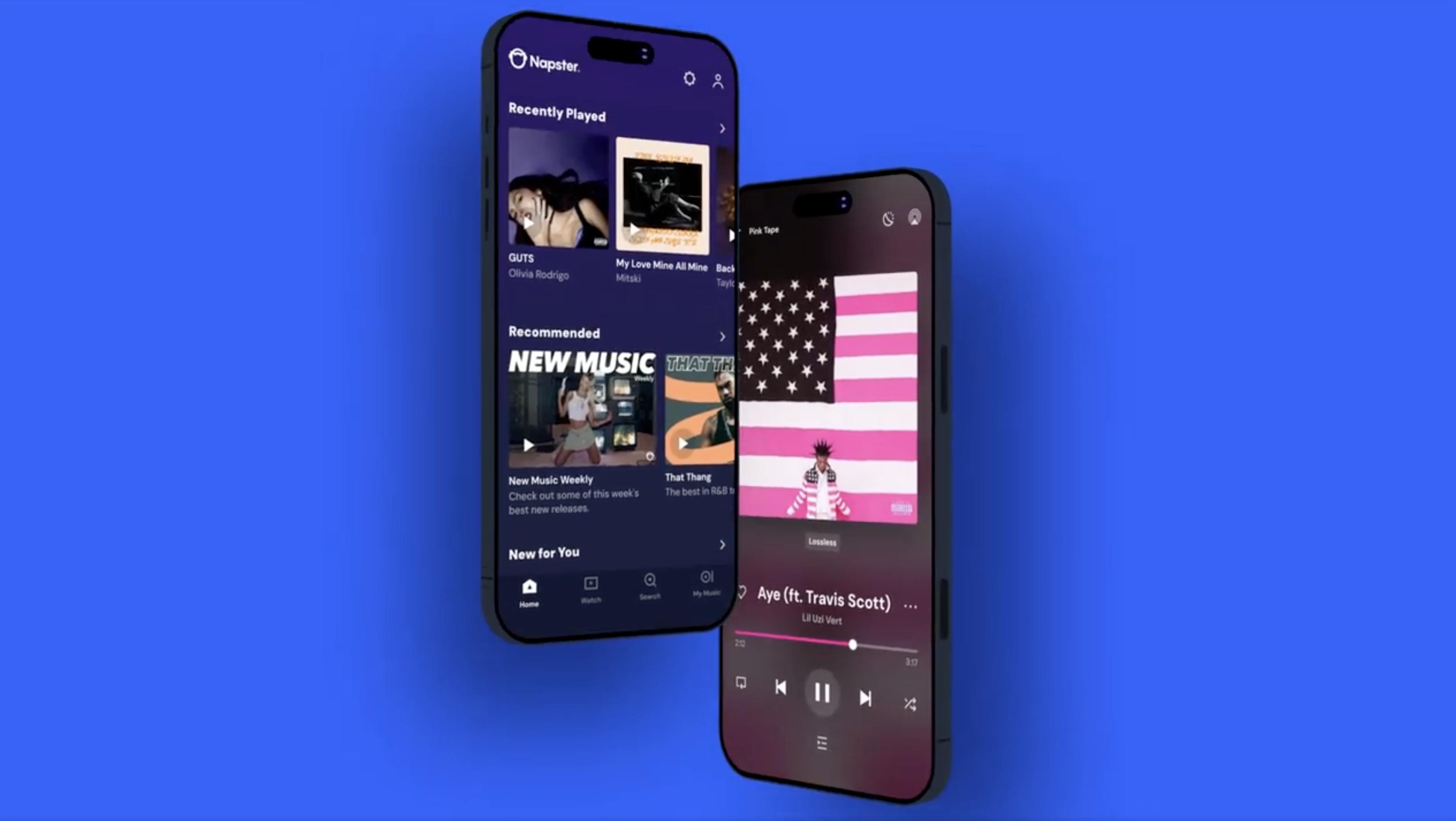The iconic music sharing service that once disrupted the entire music industry is embarking on yet another transformation. Napster, which began as a controversial peer-to-peer file-sharing platform in 1999, has been acquired by Infinite Reality for $207 million, marking a significant new chapter in the brand's tumultuous history.
From Piracy Pioneer to Metaverse Music Platform
Napster's journey from digital music piracy pioneer to legitimate streaming service has been anything but straightforward. Founded by Shawn Fanning and Sean Parker in 1999, Napster quickly revolutionized how people consumed music by enabling users to freely share MP3 files without copyright permissions. At its peak, the platform boasted 80 million users—an impressive figure for the early internet era. However, legal challenges from Metallica and the Recording Industry Association of America led to Napster's bankruptcy in 2002, beginning a series of ownership changes that would span decades.
The Acquisition Details
Infinite Reality, a company specializing in 3D technology and immersive digital experiences, has now purchased Napster with ambitious plans to reinvent the platform. The $207 million deal gives Infinite Reality access to Napster's extensive music library, which includes licenses for over 110 million high-fidelity songs from artists worldwide. Since 2016, Napster has operated as a legitimate subscription-based streaming service, charging $10.99 monthly after a 30-day free trial period.
Vision for Napster's Future
John Acunto, Co-Founder and CEO of Infinite Reality, has outlined a bold vision for Napster that extends far beyond traditional music streaming. The company plans to transform Napster into a social interactive music platform within the metaverse, creating virtual 3D spaces where fans can attend concerts, participate in listening parties, and engage with artists in immersive environments. This approach prioritizes active fan engagement over passive listening, distinguishing it from competitors like Spotify and Apple Music.
Monetization and Artist Support
The reimagined Napster aims to create new revenue streams for artists, who have historically struggled with the economics of music streaming. According to Infinite Reality, the platform will serve as a sales channel for musicians and labels to sell merchandise, tickets, and exclusive digital content. This focus on artist monetization represents a striking irony given Napster's origins as a platform that facilitated widespread music piracy. Over the past two decades, however, the legitimate version of Napster has reportedly paid more than $1 billion to musicians and songwriters.
The Metaverse Gamble
Infinite Reality's investment in Napster represents a significant bet on the future of the metaverse, despite mixed results from other major players in the space. The news comes as Meta (formerly Facebook) has reportedly invested over $50 billion in VR and metaverse technology with limited financial success thus far. Early glimpses of Napster's metaverse experience suggest a relatively simple visual approach, with some critics comparing it to decade-old video game graphics.
 |
|---|
| The image illustrates a file-sharing interface, reminiscent of Napster's origins, fitting the discussion on its evolution into a metaverse music platform |
A Brand With Resilience
Perhaps most remarkable about this acquisition is the enduring power of the Napster brand itself. Despite its controversial beginnings and numerous ownership changes—including stints under Best Buy and blockchain company Algorand—the Napster name continues to carry significant value in the digital music space. Whether this brand equity will translate into success in the metaverse remains to be seen, but Infinite Reality clearly believes the name still resonates with music fans and carries disruptive potential.
The Future of Music Consumption
As Napster prepares for its metaverse rebirth, questions remain about whether music fans truly desire a visual, immersive component to what is fundamentally an auditory experience. The acquisition represents a fascinating intersection of music history, digital transformation, and emerging technology—with a once-notorious brand now positioned as a potential pioneer in the next evolution of online music experiences. For artists and fans alike, Napster's latest incarnation could either represent an innovative new chapter in digital music or another experimental phase in the platform's unpredictable journey.
